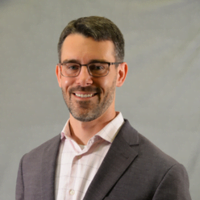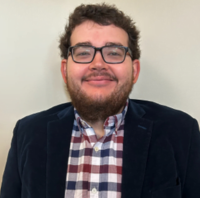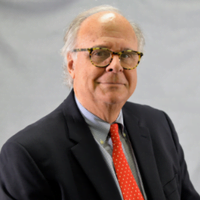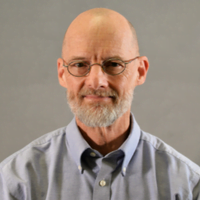Why the Opposition to Mining the Okefenokee
Twin Pines Minerals proposes to strip-mine for titanium and zirconium near the Okefenokee National Wildlife Refuge. However, there has been unprecedented opposition to the proposed mining. Why do people care about protecting the Okefenokee Swamp?
There have been more than a quarter million individual comments at the state and federal level about the proposed mining on private land adjacent to the Okefenokee National Wildlife Refuge, according the Southern Environmental Law Center. The SELC notes that at least 19 local governments have passed resolutions calling for protection of the Okefenokee and there have been numerous letters of opposition from elected officials on both sides of the aisle. Additionally, more than 70,000 comments were submitted to the Environmental Protection Division of the Georgia Department of Natural Resources during the public comment period on draft permits to mine the land adjacent to the Okefenokee.
For most of American history, swamps held negative connotations; they were viewed as wastelands that are only useful if converted into land that’s suitable for farming or development. Just a few years ago, Trump vowed to “drain the swamp” in Washington. Clearly, negative connotations about swamps persist.
My colleague, Dr. Chris Wilhelm, professor of history at the College of Coastal Georgia, explains shifting attitudes toward swamps in his book From Swamp to Wetland: The Creation of the Everglades National Park. The first national parks were developed out of a concern for protecting scenery for the benefit of tourism. The Everglades National Park was different because it was designed to protect the habitats and ranges of the indigenous flora and fauna.
The twentieth century saw a shift in Floridian and American attitudes toward the environment; people increasingly found value in ecological and biological diversity. The Florida Everglades came to be recognized as ecologically fragile and valuable “wetland” that required protective status. Politicians and the tourism industry saw the establishment of the Everglades National Park as a boon for tourism and economic growth.
The establishment of the park was a catalyst for modern environmental campaigns to protect wilderness and biological diversity in the US. According to Wilhelm, progressive conservationists’ concern with ecological and biocentric diversity laid the groundwork for modern environmentalism. Resistance to mining in the Okefenokee Swamp ecosystem is evidence that these attitudes have gone mainstream.
The Okefenokee Swamp is the largest blackwater wetland ecosystem in North America and the least disturbed freshwater ecosystem on the Atlantic Coastal Plain. Over 90% of the swamp is protected within the Okefenokee National Wildlife Refuge. Due to its high level of biodiversity and limited disruption by man’s activities, the Okefenokee is on the US Tentative List to be designated a UNESCO World Heritage Site.
There is concern that mining would do irreparable harm to the swamp. The proposed mining would occur on Trail Ridge, an earthen dam on the eastern side of the Okefenokee that maintains the swamp’s water levels. Additionally, one of the mining permits would allow the company to withdraw 1.4 million gallons per day from the Floridan Aquifer. Both permits threaten the hydrology and ecology of the Okefenokee.
The initial permits are for a 582-acre demonstration mine, but Twin Pines Minerals owns thousands of acres in the area. If approved, expanded mining operations are anticipated. Proponents of the proposed mine contend that the project will generate new jobs. Opponents of the mining warn that the project jeopardizes the local tourism economy associated with the swamp.
Georgia Senate Bill 132 would have imposed a three-year moratorium on new or expanded mining near the Okefenokee Swamp. The House passed SB132 with a vote of 167 to 4, but the bill was not brought up for a vote in the Senate before this year’s legislative session adjourned.
The Environmental Protection Division that issued draft mining permits will review and respond to public comments. There is no timeline for EPD’s final decision. What’s for sure is that the future of the Okefenokee and other wetlands will be shaped by federal and state politics, economic interests, environmentalists, and civically-engaged citizens.
Roscoe Scarborough, Ph.D. is chair of the Department of Social Sciences and associate professor of sociology at College of Coastal Georgia. He is an associate scholar at the Reg Murphy Center for Economic and Policy Studies. He can be reached by email at rscarborough@ccga.edu.




